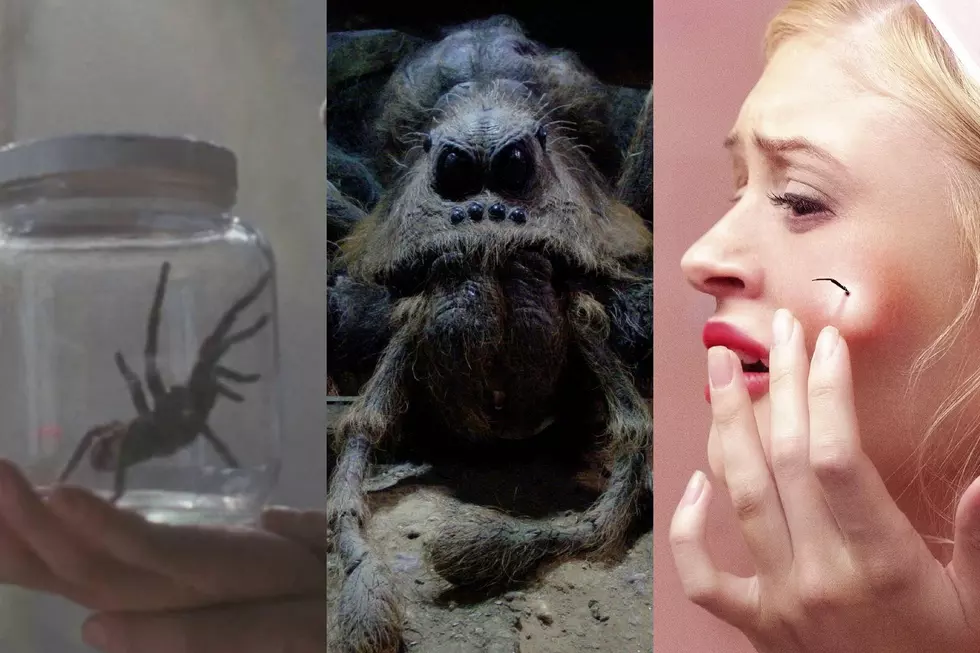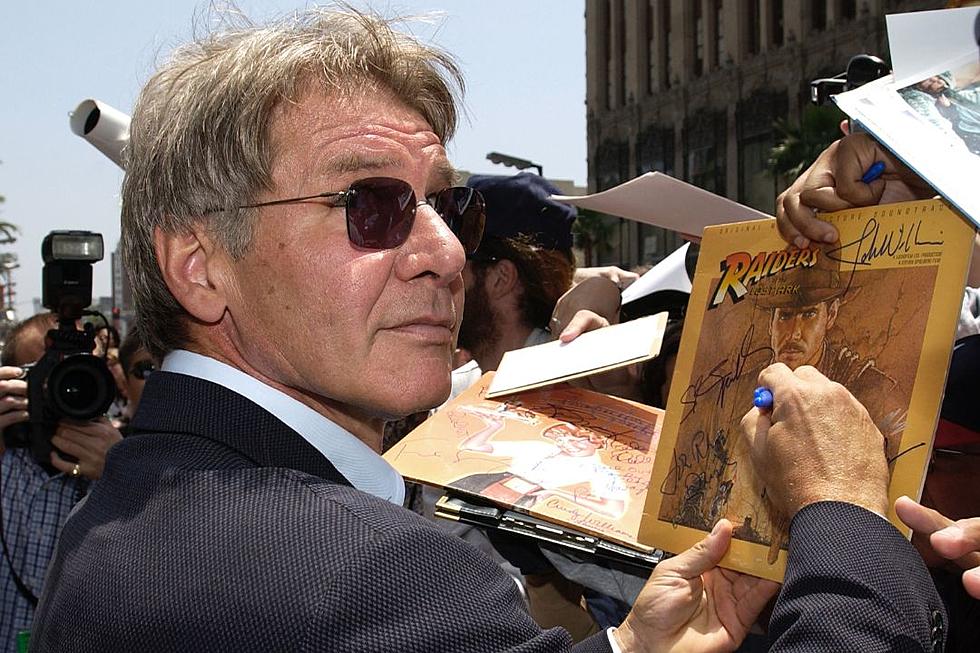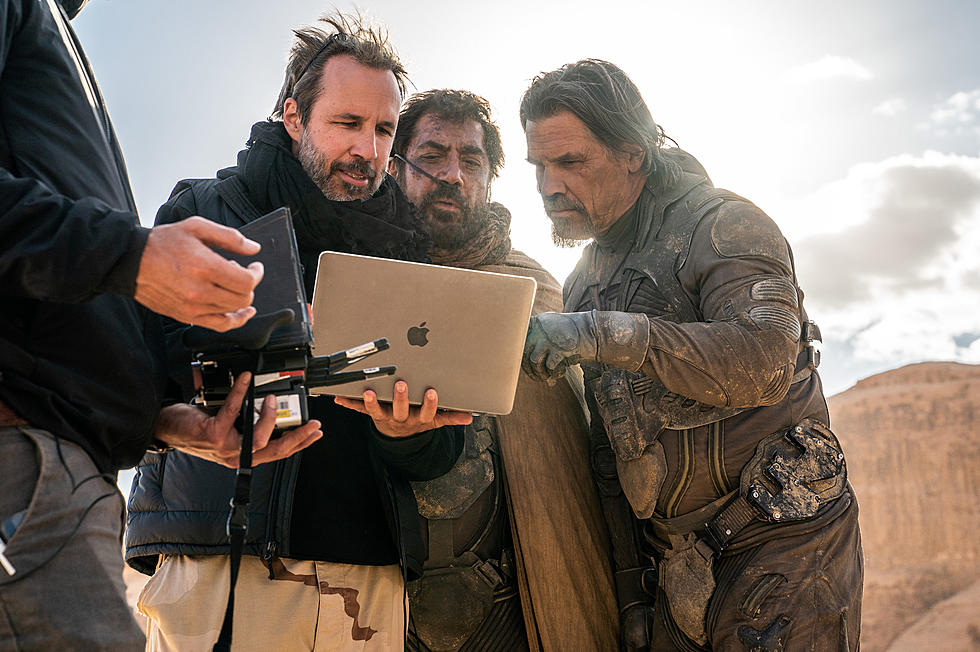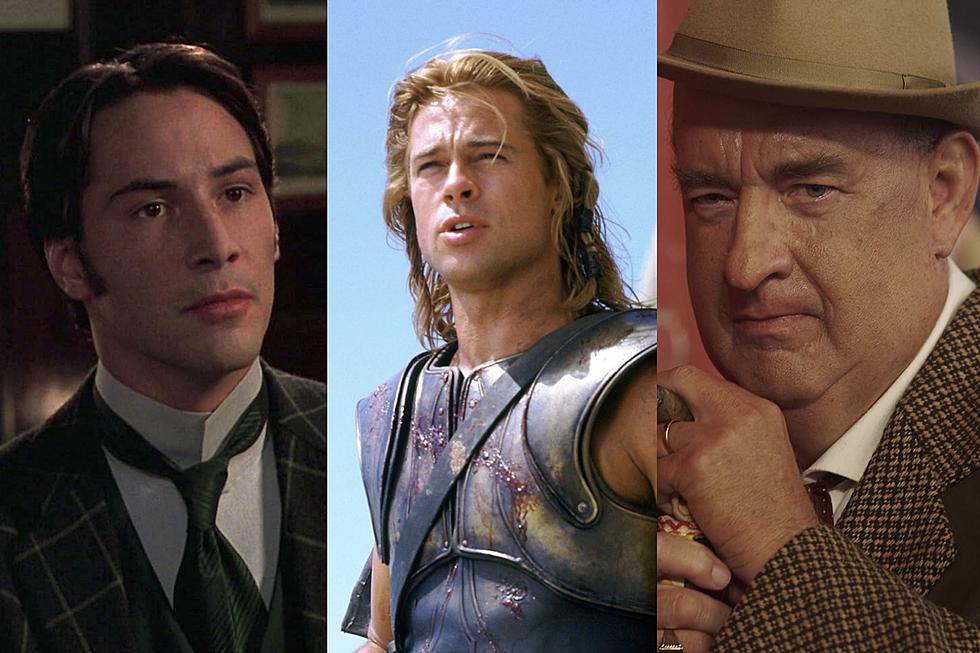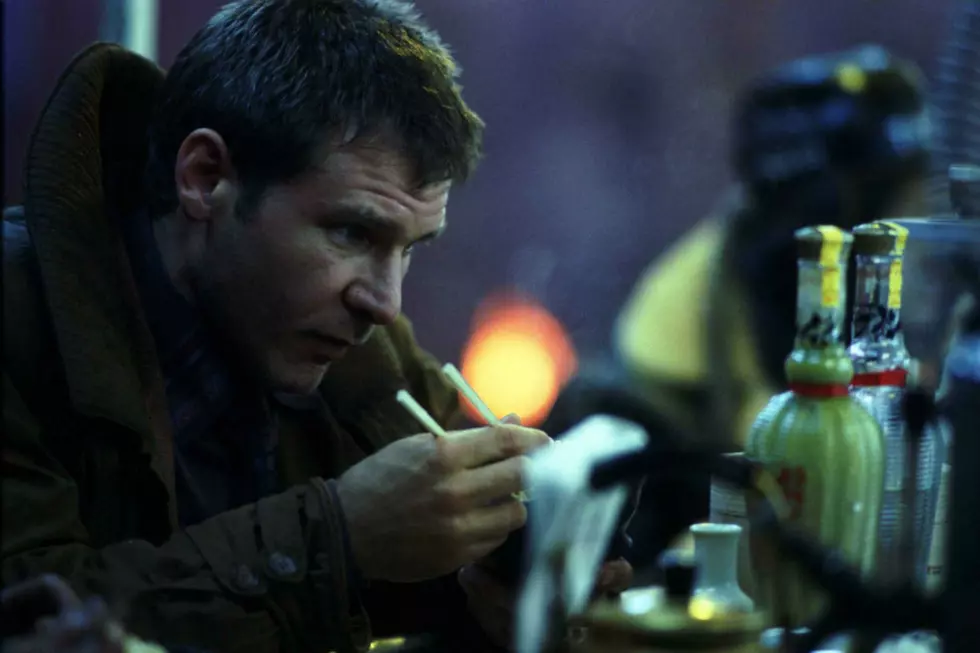
Denis Villeneuve Will Preserve the Deckard-Replicant Mystery in ‘Blade Runner 2049’
It’s arguably the point upon which the entirety of Ridley Scott’s sci-fi magnum opus Blade Runner hinges: Is Rick Deckard, the assassin played by a stony Harrison Ford, one of the very androids he sets out to destroy? The film poses all manner of questions about being and selfhood, and the answers a viewer takes away from the film depend almost entirely on the read of that central mystery. Ridley Scott has stated in no uncertain terms that Deckard was a replicant all along, but plenty of fans (including, at one point, Harrison Ford) have chosen to rule Deckard as human or instead accept the unknowability of it all.
And in a new interview with French film site Allocine (think ScreenCrush, but with berets and cigarettes), Denis Villeneuve ruled that he won’t resolve the original film’s loosest thread with his upcoming sequel Blade Runner 2049. Our pals at Google Translate and The Playlist have parsed Villeneuve’s French-language interview with the site and confirmed that he will not expose Deckard as a replicant or human being when the film debuts on October 5.
The Playlist’s item rightly notes that the Nexus 6 replicants have a four-year life span, and reasons that Ford’s reprisal of his role years after the events of the first film would mark him as human. Villenuve, however, offered the cryptic “not necessarily.” One line of dialogue about identical replicants being created and implanted with new memories (I am, clearly, not a sci-fi writer) and that solves that. The grand existential quandaries of Blade Runner — what are the meaningful differences between a human and self-aware automaton, really? — survive to be pondered by future generations of stoned film-school undergrads.
More From ScreenCrush
